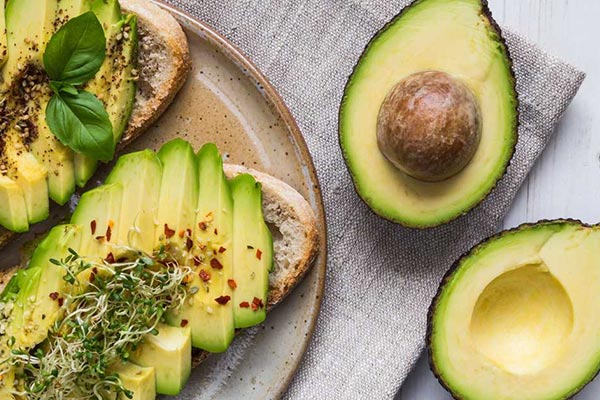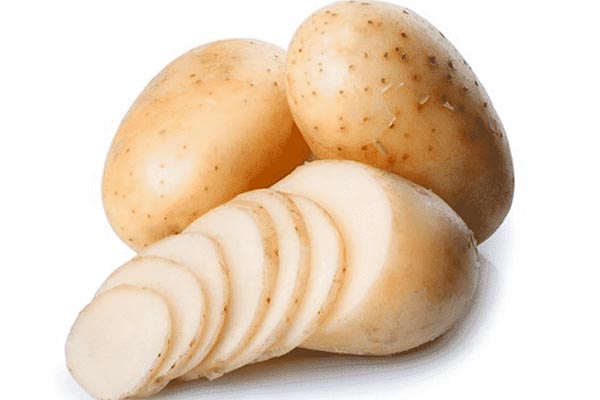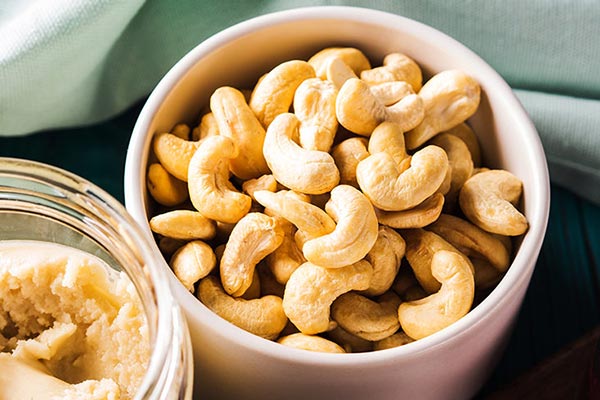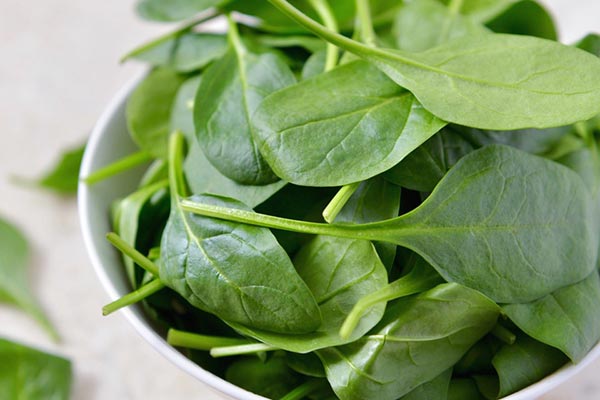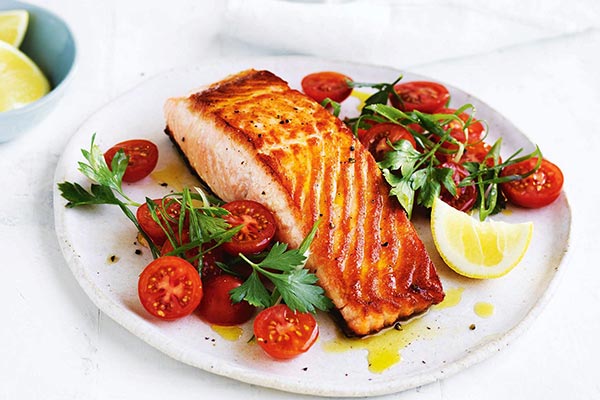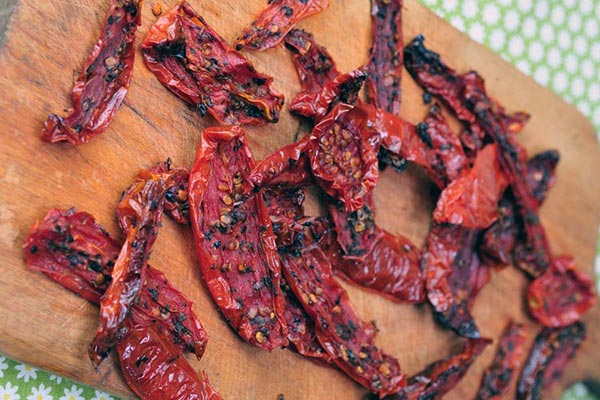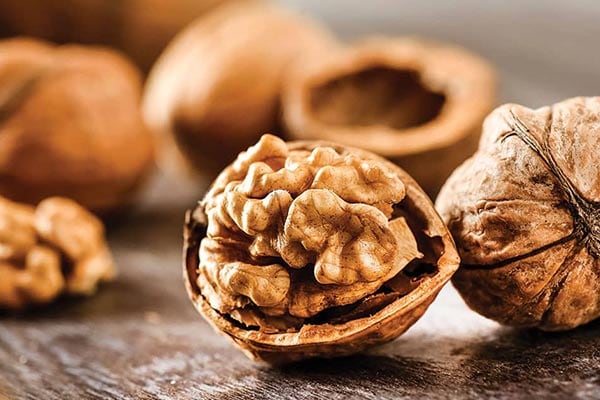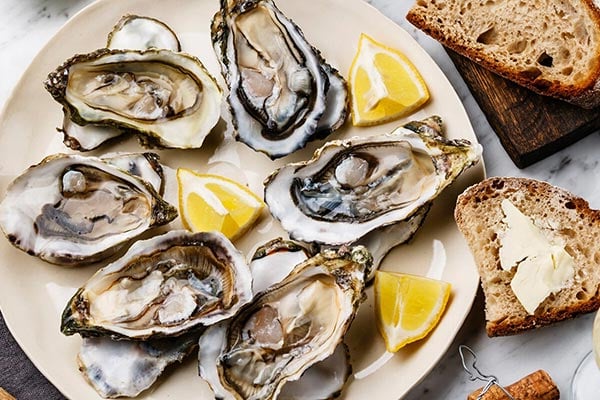Every year in Canada, close to 14,000 people die from stroke. There are more than 50,000 new strokes every year (one every 10 minutes) and around 300,000 Canadians are today living with the life-long effects of stroke.
Firstly, what is a stroke? A stroke occurs when blood supply to part of the brain is cut off, reduced, or interrupted. This affects the supply of nutrients and oxygen to brain tissue and brain cells start to die within a short number of minutes.
While there are certain stroke risk factors that one can't control, such as age, gender, and family history, there are a number of risk factors that can be controlled. These include high blood pressure and blood cholesterol, diabetes, drug abuse, obesity, smoking, physical inactivity, and diet.
In this blog post, we will highlight the role of diet and look at 10 foods that prevent stroke. A heart-healthy diet can help to reduce your risk of stroke by 80%.
1. Whole Grains
Whole grains, such as brown rice, oats, wheat, barley, quinoa, and rye, are nutrient-rich foods that can help improve your overall health. Oatmeal, for example, is a wonderful breakfast as it is high in fibre.
Foods that are high in whole grains can help to reduce our body's bad LDL cholesterol. Aim to consume three or more servings of whole grains every day.
2. Avocado
Avocado has a high level of potassium and regular consumption can help to decrease your chances of experiencing a stroke. Avocados are high in monounsaturated fats and while that may sound like a warning sign, this type of fat actually promotes the good kind of cholesterol, HDL.
Avocados also contain a lot of fibre and are a tasty food that is easy to incorporate into your diet.
3. Potato
The humble potato is another food that is high in potassium, even more than bananas which are traditionally known for their high potassium levels. Whether regular or sweet potatoes, their high potassium and fibre levels can help to lower blood pressure as well as the risk the stroke. If you are choosing to add more potatoes to your diet, it's best to eat them with the skin on.
4. Cashews
Cashew nuts are high in magnesium, an important mineral for our bodies. Magnesium has been shown to be associated with a reduced risk of stroke in a number of medical studies. Cashews are one of the best sources of magnesium available and it's a great food to incorporate into your diet.
They can be eaten as a snack or added to a variety of dishes such as vegetable stir-fry or yogurt parfait.
5. Spinach
It should come as no surprise to see spinach on this list. Spinach is a superfood and has a number of benefits in limiting stroke risk. It has a high amount of fibre, calcium, iron, vitamin K, carotenoids, and magnesium.
Spinach has also been found to help lessen inflammation and prevent the risk of stroke and other diseases.
6. Dark Chocolate
Finally, I hear you say! While it's true that spinach can be tasty when incorporated in dishes, it's hard to compete with chocolate. Dark chocolate actually has a host of benefits and can reduce your risk of stroke, while being absolutely delicious at the same time.
Dark chocolate has high levels of antioxidants, iron, fibre, and magnesium. Just be mindful of portion sizes as dark chocolate typically has added sugars.
7. Salmon
Another delicious food that has a host of health benefits, including a reduced risk of stroke, is salmon. Salmon is high in omega-3 fatty acids and is an anti-inflammatory, helping to protect the brain.
It can also help to control cholesterol levels and reduce blood pressure. Two to three servings of fatty fish, including salmon, is recommended.
8. Sun-Dried Tomatoes
Sun-dried tomatoes are high in lycopene, a member of the carotenoid family. Lycopene has a host of anti-inflammatory and antioxidant benefits. One serving of sun-dried tomatoes contains more than 45 milligrams of lycopene.
Sun-dried tomatoes are also known to support our immune system, digestive health, and more.
9. Walnuts
Walnuts are another good source of omega-3 fats and can help to lower cholesterol levels and blood pressure. In addition, walnuts contain a number of polyunsaturated fats which can help with inflammation. Walnuts are highly versatile; they can be enjoyed on their own or can be added to salads and other healthy dishes.
10. Oysters
Another delicious food that is high in omega-3 fatty acids (as well as zinc) is oysters. Along with other types of fish, oysters are associated with a reduced risk of stroke, cancer, and heart attack.
Everyday Foods That Prevent Stroke (And Taste Great!)
A stroke can have a detrimental effect on a person's life. It can leave them with trouble speaking, understanding others, paralysis, numbness, difficulty walking, headaches, and more. While there are certain unavoidable risk factors that we can't control, such as family history and age, we are able to control our diet.
As you can see, there are a number of beneficial foods that prevent stroke. Eating a diet that is rich in potassium, magnesium, lycopene, and omega-3 fatty acids, for example, can help to reduce our risk of stroke. Avoiding foods that are high in fats and sugar, as well as excess alcohol and smoking, can have a positive effect on our bodies with regard to stroke prevention.
Insurdinary is your No. 1 insurance option in Canada. We offer leading insurance rates comparison and financial promotion where you can get informed before you get insured. Click here to contact our professional team and get the cover that you need.



